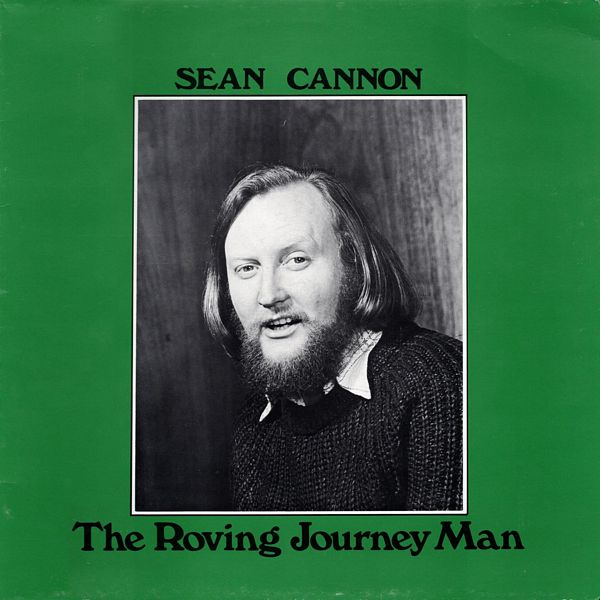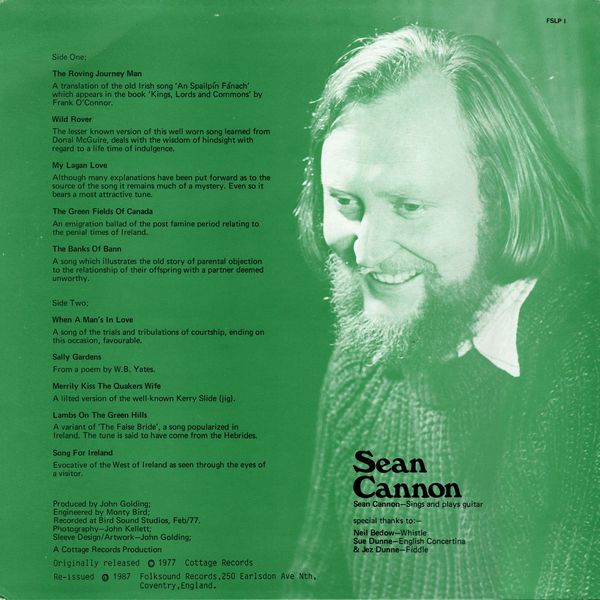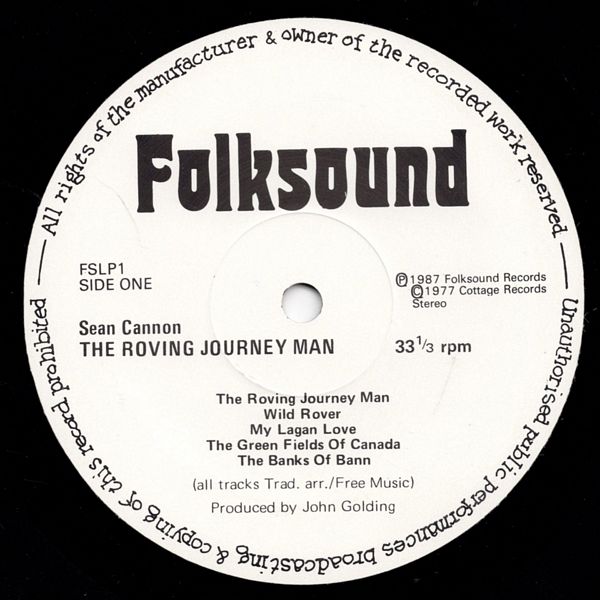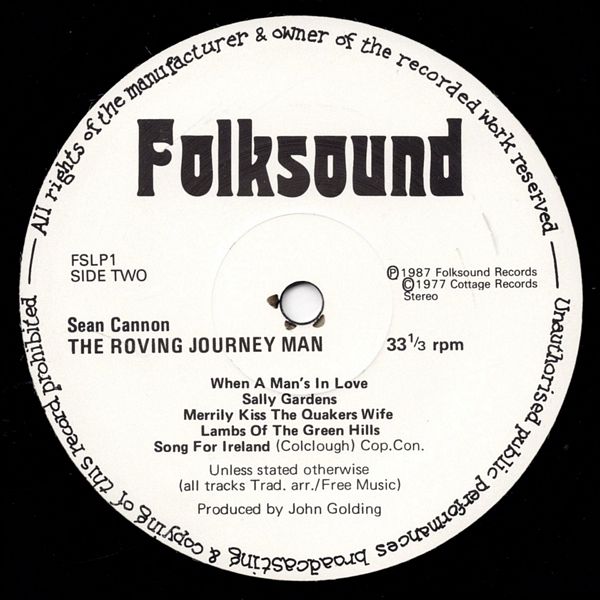

 |


 |
Sleeve Notes
Roving Journey Man — A tranlastion of the old Irish song "An Spailpín Fánach" which appears in the book. "Kings, Lords and Commons" by Frank O'Connor
Wild Rover — The lesser known version of this well worn song learned from Donal McGuire, deals with the wisdom of hindsight with regard to a life time of indulgence.
My Lagan Love — Although many explanation have been put forward as to the source of the song it remains much of a mystery. Even so it bears a most attractive tune.
Green Fields of Canada — An Emigration ballad of the post famine period relating to the penial times of Ireland.
Banks of the Bann — A song which illustrates the old story of parental objection to the relationship of their offspring with a partner deemed unworthy.
When a Man's in Love — A song of the trials and tribulation of courtship, ending on this occasion, favourable.
Sally Gardens — From a poem by W.B. Yeats.
Merrily Kiss the Quaker's Wife — A lilted version of the well-known Kerry Slide (jig).
Lambs on the Green Hills — A variant of the "The False Bride", a song popularized in Ireland. The tuned is said to come from the Hebrides.
Song for Ireland — Evocative of the West of Ireland as seen through the eyes of a visitor.